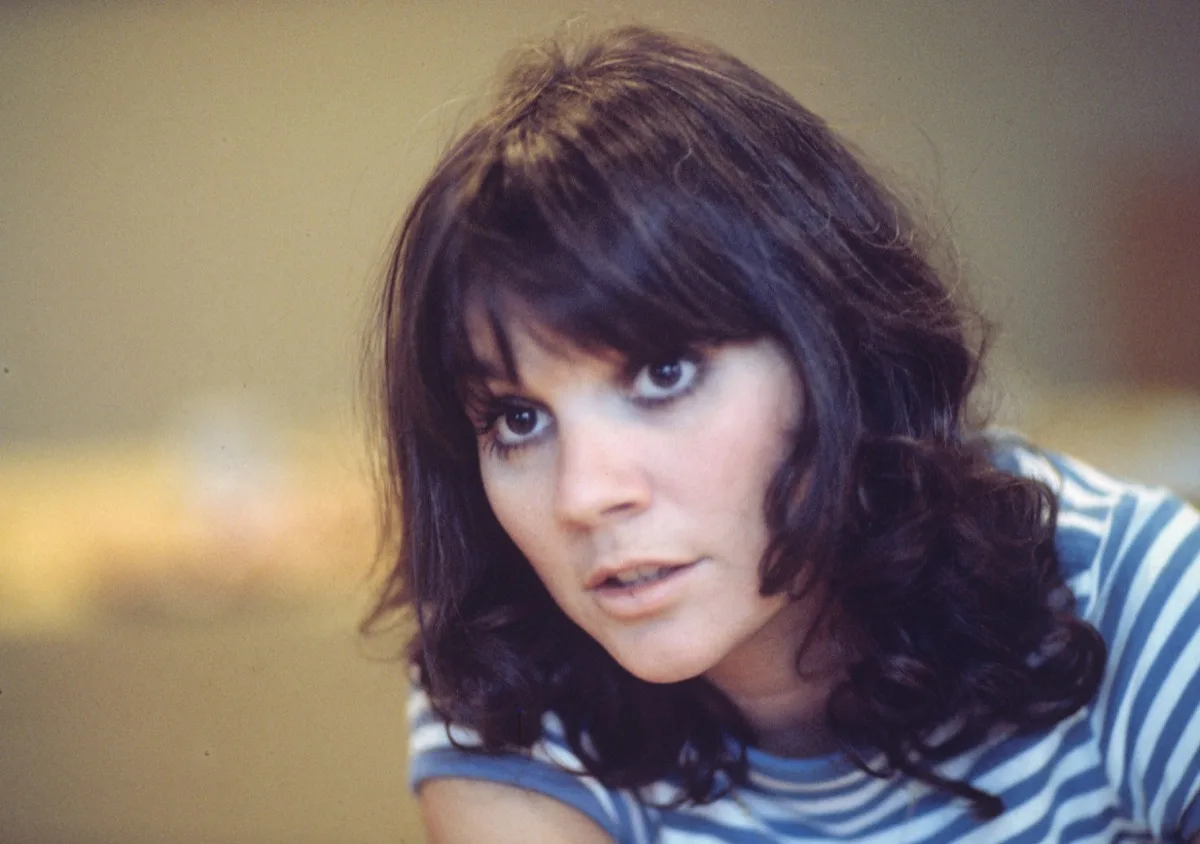
A yodel of longing reborn in Nashville—youthful nerve meeting an old song’s timeless ache
When Linda Ronstadt opened Silk Purse (1970) with “Lovesick Blues,” she did something beautifully audacious: she greeted the new decade by stepping straight into a classic and making it feel immediate again. Cut during her Nashville sojourn with producer Elliot Mazer, the track became the album’s calling card—an introduction of steel and tenderness. While “Lovesick Blues” wasn’t worked as a U.S. A-side, it appeared that spring as the B-side to her single “Will You Love Me Tomorrow?”; the album itself reached No. 103 on the Billboard 200, No. 59 in Canada (RPM), and No. 34 in Australia. In other words, the song didn’t chase the charts; the album quietly announced a singer finding her footing—and her grit.
The backstory. Ronstadt recorded Silk Purse in January–February 1970 at Cinderella Sound and Woodland Studios in Nashville, guided by Mazer’s no-nonsense, close-miked approach. For “Lovesick Blues,” session logs place her first take on January 15, 1970—you can hear the room in the recording: unvarnished guitars, a rhythm section that breathes, and a voice intent on honoring the song without imitating anyone else. The opener runs just a hair over two minutes—short enough to hit like a memory, long enough to leave a glow.
Where the song comes from. “Lovesick Blues” began life a half-century earlier as a Tin Pan Alley number by Cliff Friend (music) and Irving Mills (lyrics), introduced in the 1922 musical Oh, Ernest and recorded in the 1920s by Elsie Clark and Emmett Miller. Country singer Rex Griffin toughened it in 1939, and then Hank Williams turned it into a phenomenon in 1949, holding Billboard’s country retail chart for 16 weeks at No. 1—the performance that effectively crowned him “The Lovesick Blues Boy.” That arc matters to Ronstadt’s reading: she’s not just covering a hit; she’s adding a new stanza to a long American conversation.
How Ronstadt makes it hers. She comes in bright and sure, with that prairie-pure attack—open vowels, a flicker of vibrato—and then eases the ends of phrases as if setting a glass gently on a table. Where Williams’ classic leans on yodeling shock and honky-tonk clatter, Ronstadt’s version prizes contour and poise: a back-porch tempo, Telecasters that chime rather than sting, and a vocal line that keeps its dignity even as it admits the bruise. She honors the melody’s old bones, but the emotional temperature is hers—young, self-possessed, and just proud enough not to beg. If you first heard it on a living-room console in 1970, you might remember the way it seemed to throw open a window: the familiar breeze of an old standard, suddenly carrying new weather.
Context in her story. Silk Purse was the moment Linda Ronstadt stepped beyond the Stone Poneys and began to define a solo compass—country instruments doing pop work; pop choices carrying country truth. That spring, Capitol led with “Will You Love Me Tomorrow?” (with “Lovesick Blues” tucked on the flip in some territories). The bigger radio ripple, a few months later, was “Long, Long Time,” her first hit as a solo artist; but the album’s very first sound—“I got a feelin’ called the blues…”—told older listeners everything they needed to know: this young voice could stand next to the canon without blinking.
Meaning that lingers. The genius of Ronstadt’s “Lovesick Blues” is in its posture. She doesn’t plead; she testifies—to the ache that follows you out of a bar at closing time, to the stubbornness of memory, to the dignity of holding yourself together when the floor tilts. For those who grew up with Hank’s jukebox cry, her take is a tender handshake across generations: not an attempt to out-sing the master, but a promise to keep the song honest. For those who first encountered the tune on Silk Purse, it was a doorway into a deeper past—and into Ronstadt’s future, where that same balance of strength and sensitivity would carry her from country rock to torch standards and beyond.
Fifty-plus years on, put the record back on and you’ll hear why the track still warms a room. “Lovesick Blues” is a short song with a long memory, and in Linda Ronstadt’s mouth it turns from museum piece to living thing—a clear bell rung once, still ringing.